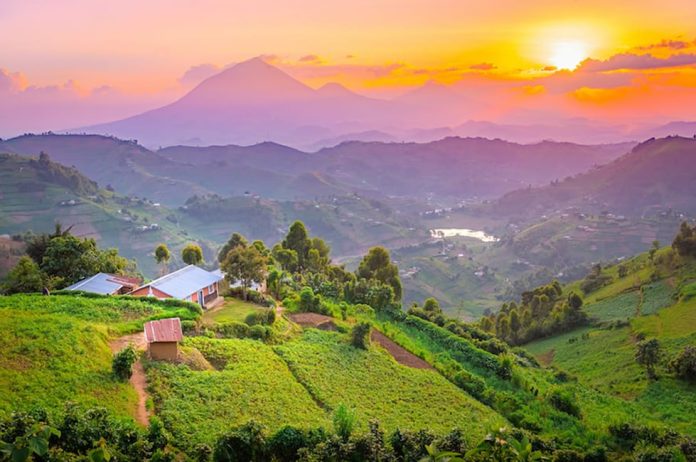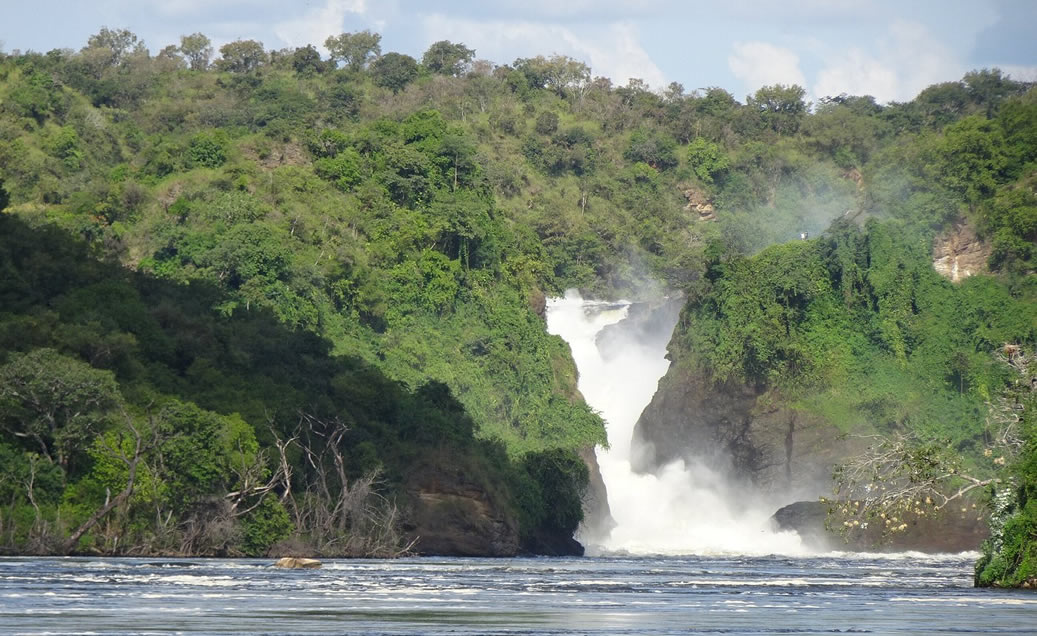The Tourism income in Uganda has made huge strides in addressing and eradicating poverty in rural areas of Uganda where tourist sites and destinations are found. Most of the Ugandans believe that spending on tourism is more or less a foreign concept. However, tourism reigns up there as one of the main foreign exchange earners for Uganda.
The high tourism revenue is mostly received from the increasing number of tourists visiting the the different National Parks for game viewing safaris and gorilla safaris (within Bwindi National Park) in recent years. It’s on record that in 2004, 125,203 visitors were received in the Uganda’s National Parks and by 2009; the number had increased to 145,000. Even though sometimes, Uganda is talked about badly by the international media especially about incidences like the Bwindi massacre of tourists in 1999, the ADF incursions between 1998 and 2001, the murder of the Jimmy Sekasi Institute students in 2001 in Murchison Falls National Park and the violent raids on villages in the northern Uganda by Joseph Kony, all these are now hostory. The country has enjoyed a semblace of peace for the last 30 years and even the Northern part of Uganda is safe for all travels. The increase in the number of tourist inflows of 19797 in 5 years (from 2004 to 2005) is quite admirable.
The best option to minimize poaching and emphasize wildlife conservation is to address poverty in the rural areas especially among the communities neighboring the protected areas such as National Parks and wildlife reserves. To address Poverty in rural areas, the organization concerning wildlife conservation which is the Uganda Wildlife Authority has, for years, now implemented the revenue sharing programme under which neighboring communities are given 20% of annual National Park entry fees to help them in their communities and in most cases this money is given to community projects of these areas.
It’s on record that up to date a total of sh4b has been disbursed to neighboring communities through their local governments, with the funds being used to bring services closer to the people as well as start income generating projects for the local communities such as the Micro Finance Institutions which lends money to the local communities to start their own business which will benefit them together with the tourists. Such businesses are Craft shops, Museums, Community Cultural groups and so on.
There are over 30 districts neighboring the Uganda National Parks and protected areas. In all these areas, local communities have taken the lead in selecting a project for funding under the revenue sharing project. Most Local communities have over the years insisted on getting projects like classroom blocks, school latrines, health centres, teachers’ houses, irrigation schemes, construction of community halls, road construction and rehabilitation projects, trench excavation, tree planting schemes, gravity water schemes, Pig, Hen, Cow and goat rearing projects among others. These projects have helped to ease the life of several rural people who had to trek long distances in search of basic social amenities such as education, health care or markets for their produce and health. More still there has been improvement in sanitation in areas where School Latrines have been constructed, easy access to the markets in places where roads have been constructed, easy access to health facilities and hence reduction in the death rates and also pregnant women giving birth to their children from home and also reduction in mis-courages because of lack of medication to pregnant women. Among all there has been reduction in maternal deaths because of the easy access to hospitals with in their areas.
Uganda’s tourism sector has also benefited directly the local communities by offering markets to their merchandise like crafts which are sold to Tourists directly. Also many local community members are employed with in the tourism industry as Porters. They are also hired for local cultural performances as well as increased employment opportunities with tour companies, lodges and Uganda Wildlife Authority. Local Guides and porters earn more dollars in a month than any average civil servant will earn in a year.
You can now take a Uganda safari as a way of helping the local community and also poverty eradication in the rural areas. Just look for a local tour operator who supports ecotourism in Africa. In addition, the revenue gained from tourism including park entrance fees, gorilla permit fees and other passes is distributed accordingly between the Uganda Wildlife Authority (UWA) and the local communities and also these local people will get a chance to offer you their best products and services.










